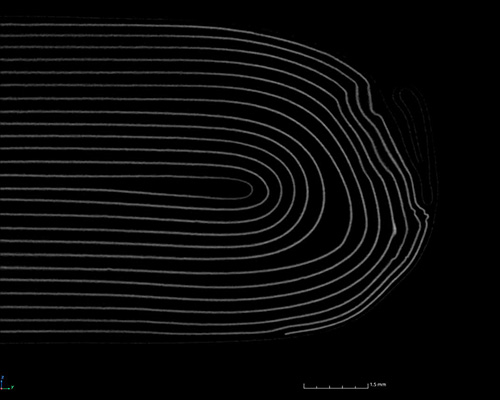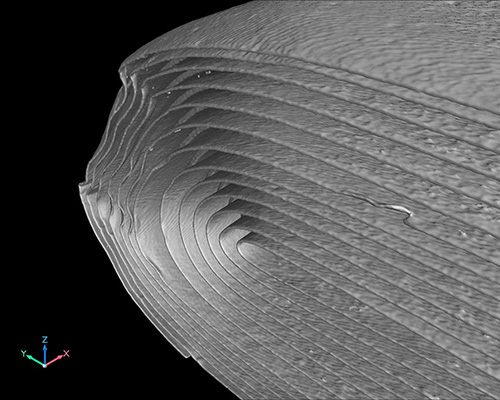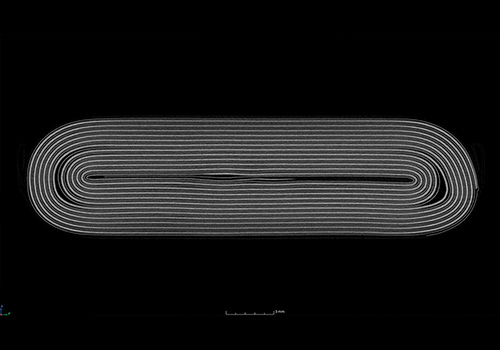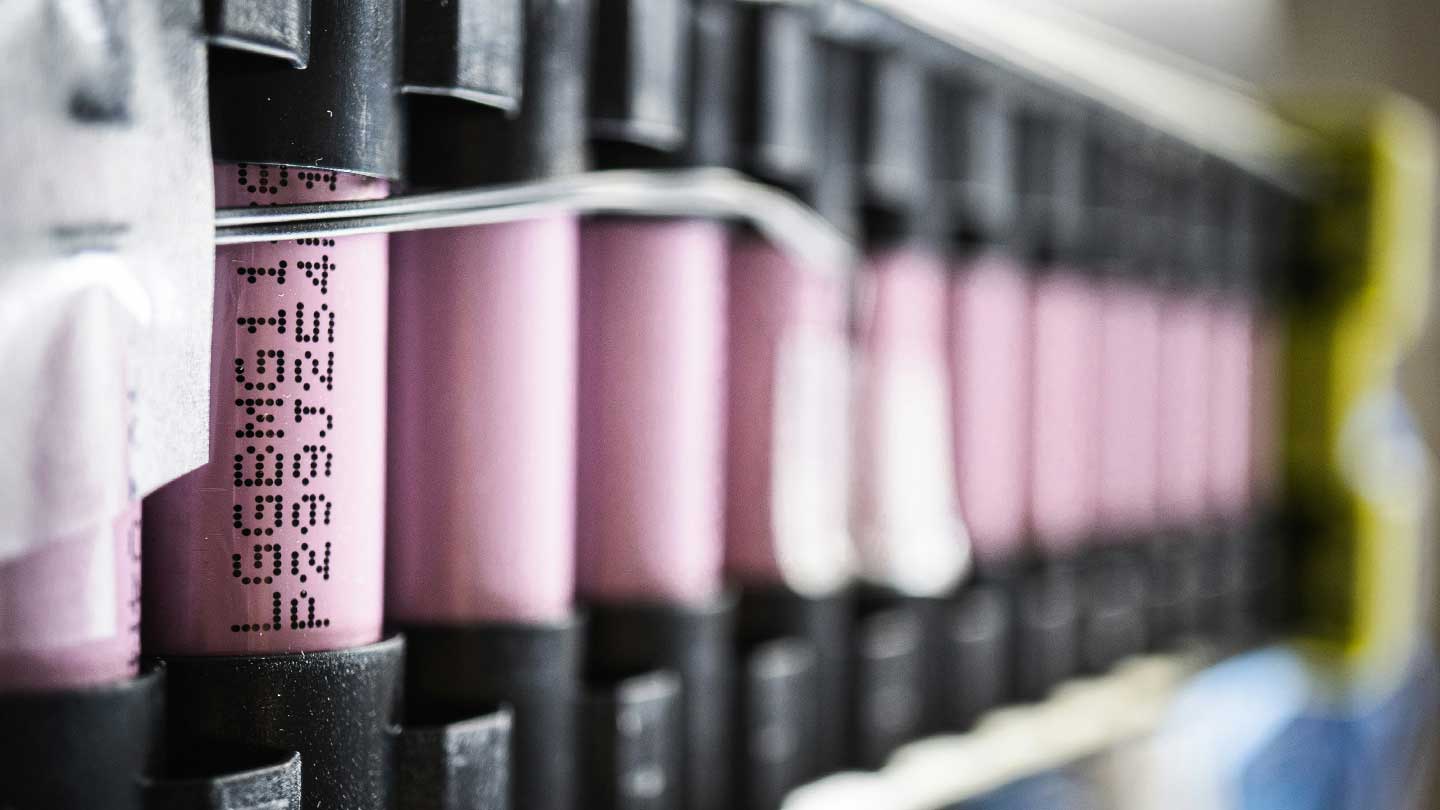
WEBINAR: Unlock the Power of Industrial CT Scanning
See Deeper. Solve Faster. Spend Smarter.
A 1/2 Hour That Could Reshape Your Inspection Strategy
Date: Wed June 18, 2025
Time: 11am Central Time
Location: Live Online Webinar

See Deeper. Solve Faster. Spend Smarter.
A 1/2 Hour That Could Reshape Your Inspection Strategy
Date: Wed June 18, 2025
Time: 11am Central Time
Location: Live Online Webinar
Nel PreTech Corporation uses high resolution, X-ray based CT scanning to deliver inspection and metrology data on lithium-based batteries. There is a growing demand for battery safety, sustainability, and performance. We help battery OEMs, tier suppliers, and innovators understand what’s going on internally so they can speed to market with confidence.
Experience our collaborative approach and top-of-line, 3D scanning technology.
Reach out for a free quote and let us help you validate or audit your battery lines.
Computed tomography (CT) scanning can be useful for failure analysis, design validation, quality assurance, or measurement on a wide range of battery types. Here are the lithium-based models suitable for CT:


When inspecting battery component performance, wear, positioning, or connections, CT scanning is the preferred, non-destructive method. Lithium-based batteries, in particular, require a keener eye, so-to-speak. There are areas of interest unique to lithium batteries due to their internal structure, energy density, and thermal runaway risk.

Sometimes charging and discharging of lithium batteries can cause internal shorts. This is due to the formation of lithium dendrites or metallic filaments. CT inspection may be needed for the detection or precursors of thermal runaway as well.

Lithium batteries present a complex layering of structures. In addition to the internal inspection of lithium battery components, the encapsulation may need visualization as well.

Want to learn more about how Nel PreTech supports top-tier battery developers and manufacturers?
📥 Download the Battery CT Scanning Brochure
Whether you're solving a one-off defect, inspecting before recycling, or validating materials, Nel PreTech has the CT scanning capacity, engineering insight, and reporting tools to support your next breakthrough.

When in-house CT systems fall short for battery quality assurance, see how advanced industrial CT scanning expands testing capacity, improves reliability, and supports safer battery development.
View Full Article
Boost EV battery innovation with industrial CT scanning—non-destructive testing for solid-state, Li-S & QC defect detection.
View Full Article
Discover how industrial CT scanning optimizes battery performance with non-destructive testing, porosity analysis, and dimensional accuracy.
View Full ArticleDownload the ultimate CT Scanning Buyer's Guide to improve understanding, time, and efficiency in your scanning needs. Over 50 Pages of useful data and case studies.
Download Now